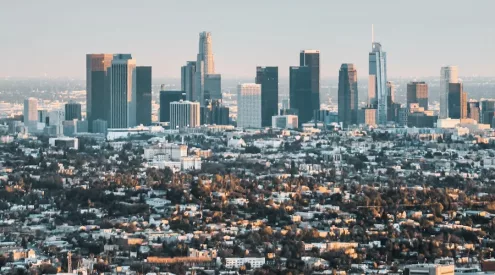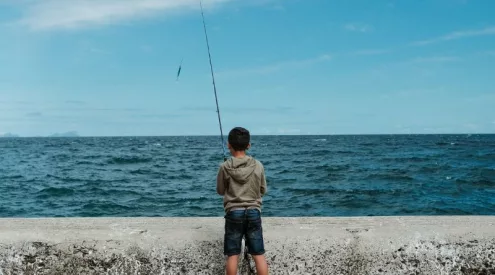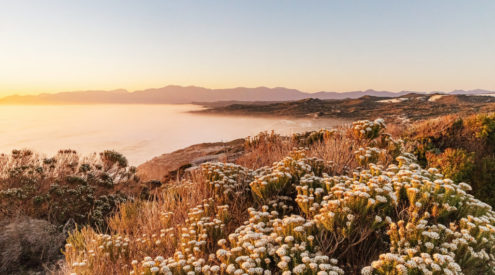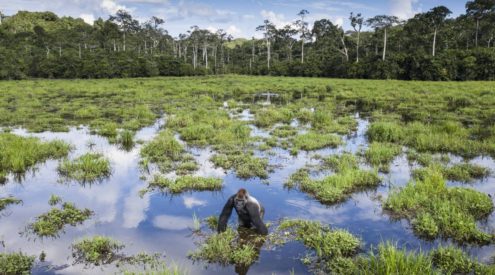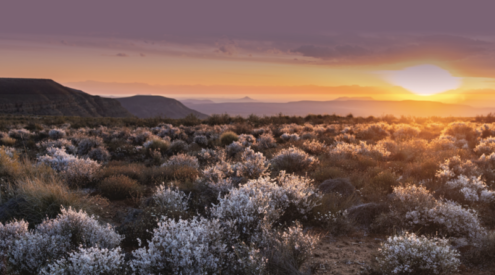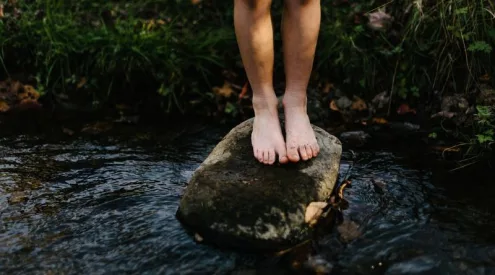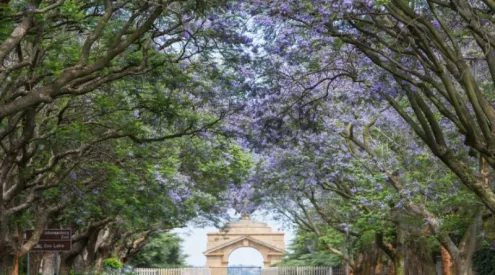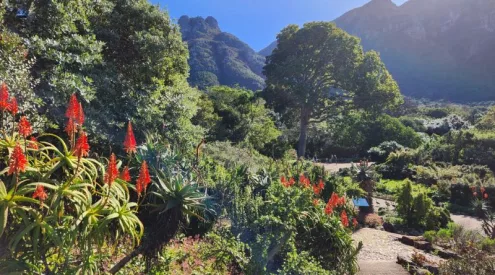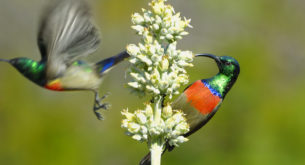A rip current is a strong current in the sea, running straight into the ocean and perpendicular to the beach. These currents can extend up to 762m in length, but they are typically less than 9m wide, according to How Stuff Works. They can move at around 8 km/hour or even faster.
In a recent webinar, the Plymouth University together with the NSRI, City of Cape Town professional Lifeguards, Lifesaving Cape Town and Lifesaving South Africa discussed exactly why and how these currents form.
This edit of the meeting contains the science of rip currents sections: The Science of Rips by Plymouth University Nov 2020.
Have a look at how the experts explain this natural phenomenon:
If you ever get caught in a rip current, don’t try to swim against the current. The most important thing is to try and keep calm, and keep your thoughts clear. Don’t waste your energy on fighting against it. Relax your body and swim sideways, parallel to the beach, to see if you can slip out of the strongest part of the stream.
Rip currents are strongest on the surface, but not deep under the surface of the ocean. If you are a strong swimmer with enough energy, you can try to dive down to where the current is weaker, then swim to the side.
If you see someone caught in a current, do not try to go in and help them. Immediately alert the lifesavers on the beach, or call the NSRI.
Picture: Pixabay



